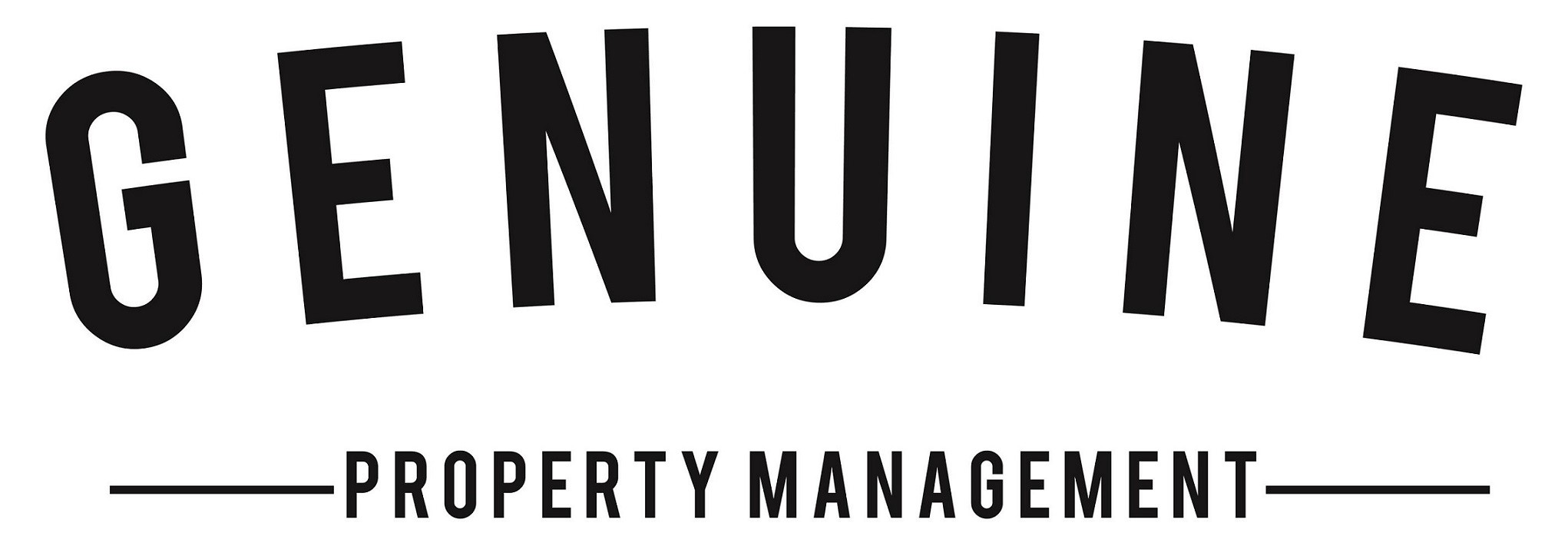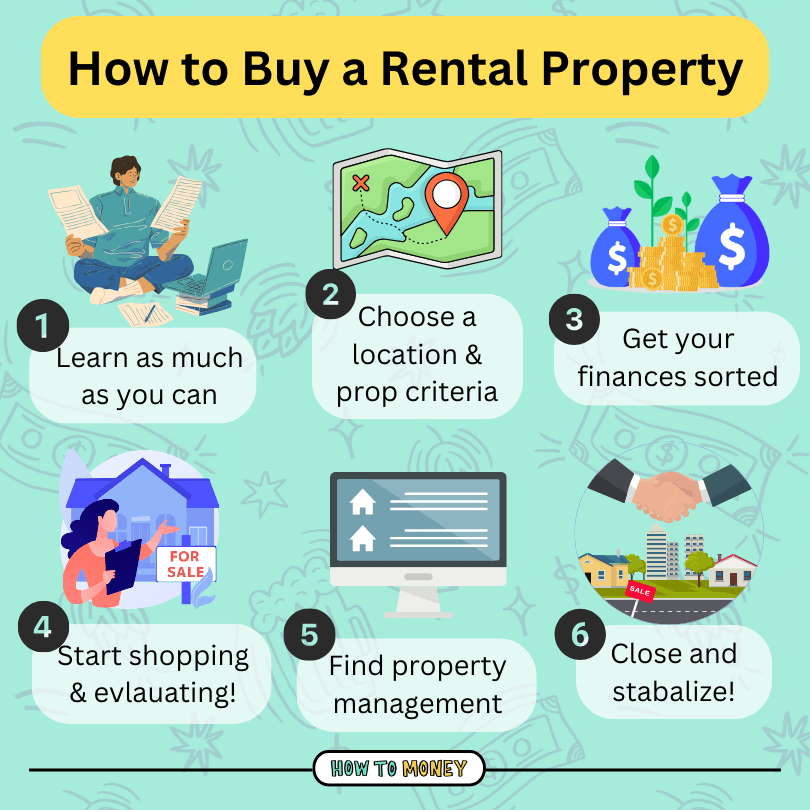Finding the Right Tenant
Finding the right tenant is key to a smooth and profitable rental journey. It's like a treasure hunt! You gotta dig deep to find the perfect fit. Bad tenants mean headaches. Good ones make you happy!
Tenant Screening
Tenant screening is crucial, a real gatekeeper! Checking references is like reading a character biography. Background checks tell stories, revealing possible problems. Rental history, huh? That's huge.
- References: Check phone numbers, get those references. Talk to former landlords; check credit reports.
- Background checks: Background checks are a must-do for legal reasons and also for keeping bad actors out.
- Employment verification: Check employment history. Stability is a great plus.
Questions you should ask yourself while screening: Is the applicant financially stable? Do they have a positive rental history? Are they respectful of rules?
Lease Agreements
A lease agreement protects you! It outlines what you and your tenant agree upon and has the power to resolve any future disputes. It's a safeguard, baby.
- Term of agreement: Define the lease duration.
- Rent amount and due date: Set rent amount and payment method, due date and penalties.
- Rules and regulations: State house rules, repair responsibility, what are off-limits!
Make sure to have all the clauses crystal clear, it avoids misunderstandings down the road!
Security Deposits

Source: howtomoney.com
Security deposits act as a cushion for future repairs, the tenant's insurance against future damages, that they break the deal. You are getting a safety net.
- Clear rules and instructions for return is critical.
- Purpose of deposit: Repairs from normal wear and tear aren't covered, usually.
- What to do with a damaged property: If a tenant causes major damages you know where you can file for financial cover.
- Record keeping: Note any pre-existing damage before they move in. Document damages when the tenant vacates. This is critical!
Property Maintenance
Keeping your property well-maintained is a good tenant retention trick and reduces your stress as well as future losses.
- Regular Inspections: Inspect property for damages frequently! This stops any tiny problems becoming giant ones later on.
- Preventative Maintenance: Prevent major problems; little issues become bigger quickly. Be a pro-active landlord!
- Respond quickly to repair requests: It boosts tenant happiness. Make them a happy tenant; tenants who don't want problems in the house or with landlords make great tenants.
Rent Pricing Strategies
Rent pricing is a tricky dance. Too low, and you lose money. Too high, and you scare off tenants. Finding that sweet spot is key to a healthy business, especially now with the rising costs.
Market Research
Market research isn't just about knowing the latest trends. It's about understanding the real market.
- What's the average rent for similar places?
- How many units are vacant in the area?
- Are there incentives?
- How much parking do you offer compared to the rest?
Crucially, what's driving rental decisions? Are renters choosing location above all else? Is high speed wifi an important factor? Analyzing the local market helps create a winning strategy. The demand might be different if a new supermarket just opened, which means you have to consider the factors affecting renter choices to set your prices.
Competitive Analysis
Competition ain't cool in rent pricing! Look closely at rivals.
- Are your units similar in quality?
- Are they close by?
- How many bedroom rooms you offer is an advantage?
Analyze their strategies; figure out what's attractive about their places, what amenities make their pricing unique, even the small things count like paint colors and light fixtures. Look at the features that other apartments offer, are you outmatched in this space? This will influence your pricing.

Source: cloudfront.net
Property Value
A place's worth impacts its rent. Think of location, the age, amenities—it all adds up to its value.
- Upgraded kitchens? Higher rent.
- Well-maintained appliances and a pool? Top shelf price!
- Old buildings usually attract smaller price, however depending on location might be an advantage
Your house, for instance, a house at a bad location in an older neighborhood might rent less, whereas a brand new condo in a desirable area, probably goes for top shelf rent. Analyzing location carefully is essential.
Financial Planning
Don't price your properties based only on gut feelings. Create a sound financial model.
- Costs for repair?
- Estimate expenses
- Consider expected return on investment.
- Factor in long-term plans.
If there is more likely increase in property values, adjust the strategy and think on a higher rent. Also, make sure to plan ahead if any increase is necessary or unavoidable. It would greatly help planning out your monthly budget, for instance, what happens if your tenant can't pay or there's unexpected maintenance. A well planned financial plan will save you from unwanted surprise!

Source: genuinemanaged.com
Marketing Your Property
Getting your property sold needs a powerful strategy, it's not just about putting a "For Sale" sign. It's about creating a buzz. This section will analyze crucial elements to put your property in the spotlight.
Online Presence
First impression matters, big time, especially online.
- Create stunning virtual tours. Pictures speak a thousand words, especially professionally shot ones. Don't just list photos, make potential buyers see, imagine, dream.
- Make a compelling listing page. Write clear descriptions, highlight good features—the details people pay attention to. Include key selling points!
- Boost local SEO. Ensure local searchers find your listing; location, location, location still rules. Optimize website, make the address accessible.
- Use social media wisely. Showcase the place with appealing videos, great pics, post frequently. Make the page informative.
Showings
Showings are vital, they turn passive interest into eager clients.
- Prompt, friendly response. Quickly arrange showings—don't delay! Respond politely to inquiries, arrange quickly and clearly.
- Showcase clean and appealing. Ensure place is clean before showing. Be ready. Cleanliness wins, that is undeniable.
- Clear communication. Have the key and access ready, know when you have the time. Schedule effectively, be available.
Open Houses
Open Houses bring potential buyers in person.
- Attract and energize: Organize a memorable open house; keep the pace good. Have some extras; snacks, or a special deal or treat to show!
- Good atmosphere. Make it warm, comfortable. Music is an option. Keep things going. Ensure everything is clear and smooth to run open houses, check lists are your friends.
- Thorough presentation. Present the space in the best possible light; make it desirable. Be organized; check lights, details, have someone guide the flow of buyers through the property! Ensure they get clear instruction.
Networking
Networking broadens your reach, leading to sales.
- Stay active. Attend local realtor events; connect with other agents and industry peeps. Always seek out, follow leads—follow up too!
- Build relationships. Get to know clients and community people; they're potential resources. Show good relations and follow up promptly and proactively!
- Target the right groups. Be clear, use relevant groups or networks and present a clear story to prospective buyers; emphasize benefits! Keep communication simple!
Legal Considerations
Legal considerations are crucial for any business transaction. Getting things right, avoidin' potential problems later, is paramount. Mistakes can cost businesses a lot in terms of time, money, and reputation.
Contract Review
Contract review is an absolute must. Don't just sign; understand! Read every line carefully. If it looks confusing, get someone who understands law involved. Ask questions! Every clause matters, and every agreement needs clear rules. Missing key elements can open your business to legal peril down the line.
- Who's responsible for what?
- What happens if things go wrong?
- Clear terms are crucial for successful negotiations and future operations
Avoid future conflicts; clear rules. Review every line! Analyze clauses, be critical and never compromise your terms for fast deal. Get legal counsel.
Laws and Regulations
Laws, they're like rules that everyone must follow, that protect people. Businesses have to know, obey all rules, to function within legal standards.
- Stay updated on all relevant regulations, not just local ones.
- Be aware, compliant, and on top of changing laws and regulations impacting your industry
Need to get compliance; check regulatory requirements on all related documentation. Understanding industry regulations avoids penalties. Follow instructions to be a part of law.
Dispute Resolution
Having plans for disagreements or disputes is critical!
- Settle differences without a lengthy court process.
- Outline clear paths for resolving conflicts as the terms in the contract.
Mediation and arbitration are powerful options for quick, efficient resolution, a crucial part for all involved. Identify your potential risks.
Compliance

Source: com.au
Staying on the right side of the law and staying complaint with rules—huge importance in the modern business world.
- Maintain documentation of compliance activities—important evidence, always have your proofs at hand!
Establish a strict system, implement all compliant processes in business operations and ensure compliance is integrated into the whole process, as every procedure in company operations will need to fit the law or standard operation procedures, never bypass the process to maintain success for a sustainable future for your business! Stay well informed, have policies. Every team must comply with established processes. Keep abreast of regulatory changes for ongoing compliance.
Protecting Yourself From Damage
Protecting your stuff while renting is crucial. It's like safeguarding a treasure. So, how can you prevent it from getting dinged?
Lease Terms
Lease terms define the deal, the rules of the game. Carefully scrutinize the lease document; every little detail matters. What's your responsibility? What's the landlord's? Make sure to highlight all items, understand what you need to look out for.
- Specific clauses: Find clauses that define your obligations regarding repairs, upkeep, damage. Read those carefully! Make a check mark on the ones which are confusing.
- Timeline: Does it mention deadlines for notifying the landlord about damage? How much time is available for the issue to happen?
- What constitutes damage?: It may need some space in your head; think of everything before the signing! The document might list examples, but it might be unclear.
Check for specifics: What if something happens naturally? Or something gets destroyed in an emergency? Your gut feeling tells you what’s going to be needed.
Inspection Procedures
Pre-move-in and post-move-out inspections are critical. It's about capturing the exact condition of the place. You need a clear record.
-
Pre-move-in: Document every scratch, crack, and hole on the walls before you move in! Don’t assume that it will always look the same. Take photos from all angles; zoom in to record it with precise detail. List items needing immediate repair.
-
Post-move-out: Carefully examine all surfaces. Check the floor, cupboards, bathrooms and toilets. You can take the help from others during post inspection to ensure it looks nice!
-
Keep records: Gather the record and attach receipts and bills for things that are damaged by others. This shows evidence to the people and saves time!
Insurance Options
Renters insurance is your ally.
-
Understand your coverage: Not all policies are equal. Check what’s covered. Ask for a detail about the repair procedure. Check whether it includes damage to the apartment and whether it is also possible to repair the equipment. What about if someone broke the window with their hands or on purpose.
-
Assess your needs: Your valuables (electronics, furniture), personal belongings need to be checked carefully to see what's included, as it may save your savings! Also, look into different options that can ensure all your needs are well satisfied.
-
Ask Questions: Questions? Be curious! You want your agent to understand exactly what your issues are and ensure your policy reflects them.
Damage Liability
Don't panic! If damage occurs, act proactively. Who's responsible for the repair is crucial.
-
Natural events?: Unexpected disasters can affect your safety, and your apartment needs repair. Act quickly to ensure that you do not have unnecessary issues to handle!
-
Misunderstandings: Clear communication and documents (proofs are your friend). This is a friendly advice to save both sides from unnecessary fights and problems. What can be the next step if there’s any discussion? Is there a dispute resolution process?
-
Assess your responsibility: What you’re responsible for depends on your lease terms. Look at the document to make it crystal clear and reduce disagreements between landlord and tenants.


